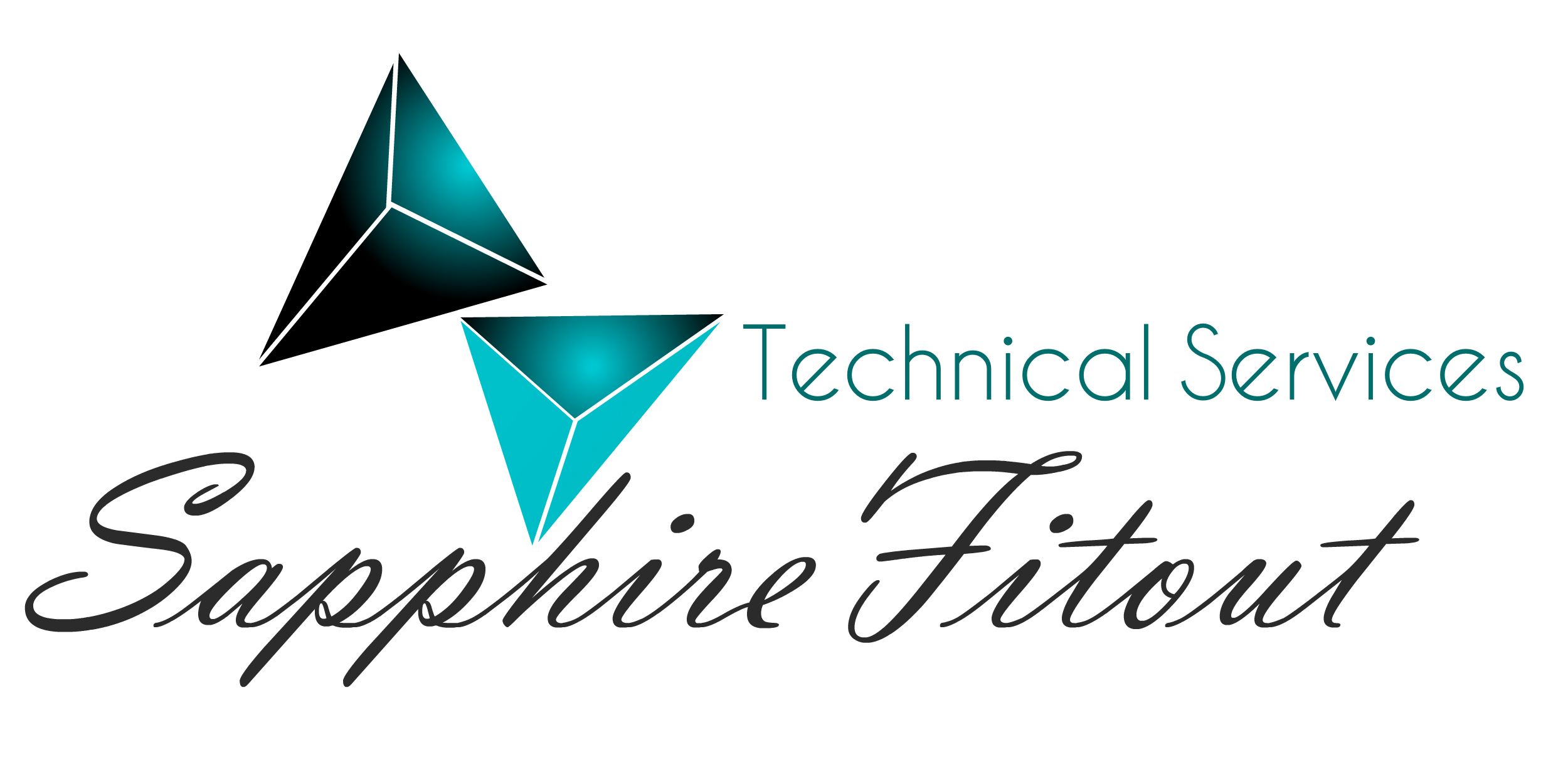Few governance issues are more challenging than assessing board performance. Evaluation of board performance is more an art than science due to a synergistic link between the firm, management and board performance. It’s also rarely clear cut. A board might be doing a great job of managing a business, but shareholders are unhappy about the low return on their investment. The board may have been inherited by governance, management and firm issues and are working to make things better. It could also have invested in new strategic initiatives, and created an overhaul strategy.
In other situations the board can get too involved in details of operations and make decisions that should be left to the management. These kinds of situations can be made more difficult when the board doesn’t have a method that is suitable for the evaluation of its members. It is easy for minor issues to become major issues, which could compromise the effectiveness of an organization’s board.
The board might have developed an attitude that doesn’t take performance assessment seriously. It could be that the board doesn’t have the proper systems to collect performance data or the boardroom expertise required for executing its duties of evaluation.
Boards need to not only possess the required skills, but also be open to the results of the assessment. The board should identify areas that need improvement and work with the management team in developing an action plan. This may include setting up regular board trainings on relevant topics in order to increase knowledge levels across the board, and address information gaps.




